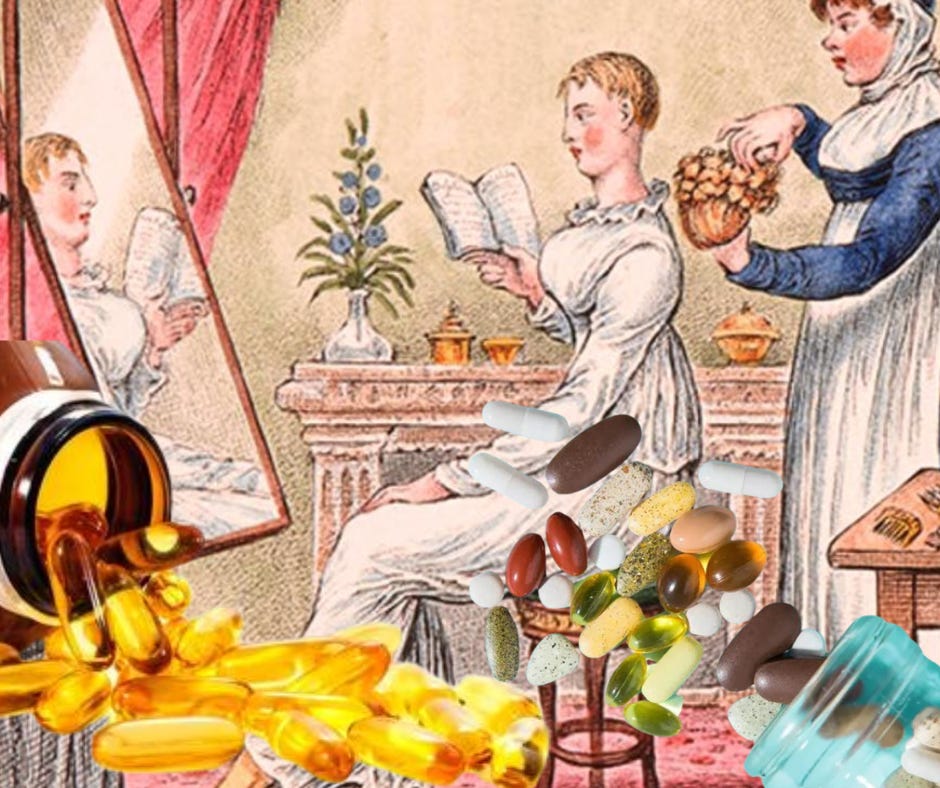In the decades following its invention, the novel form and its readers were denigrated, associated with feminine indiscipline and frivolity. The form was viewed as a kind of weapon lobbed into the delicate minds of young women, filling them with various notions of sexuality and sensationalism and violence.
You can see the negotiation of these attitudes …
Keep reading with a 7-day free trial
Subscribe to Wicked Tongue to keep reading this post and get 7 days of free access to the full post archives.





